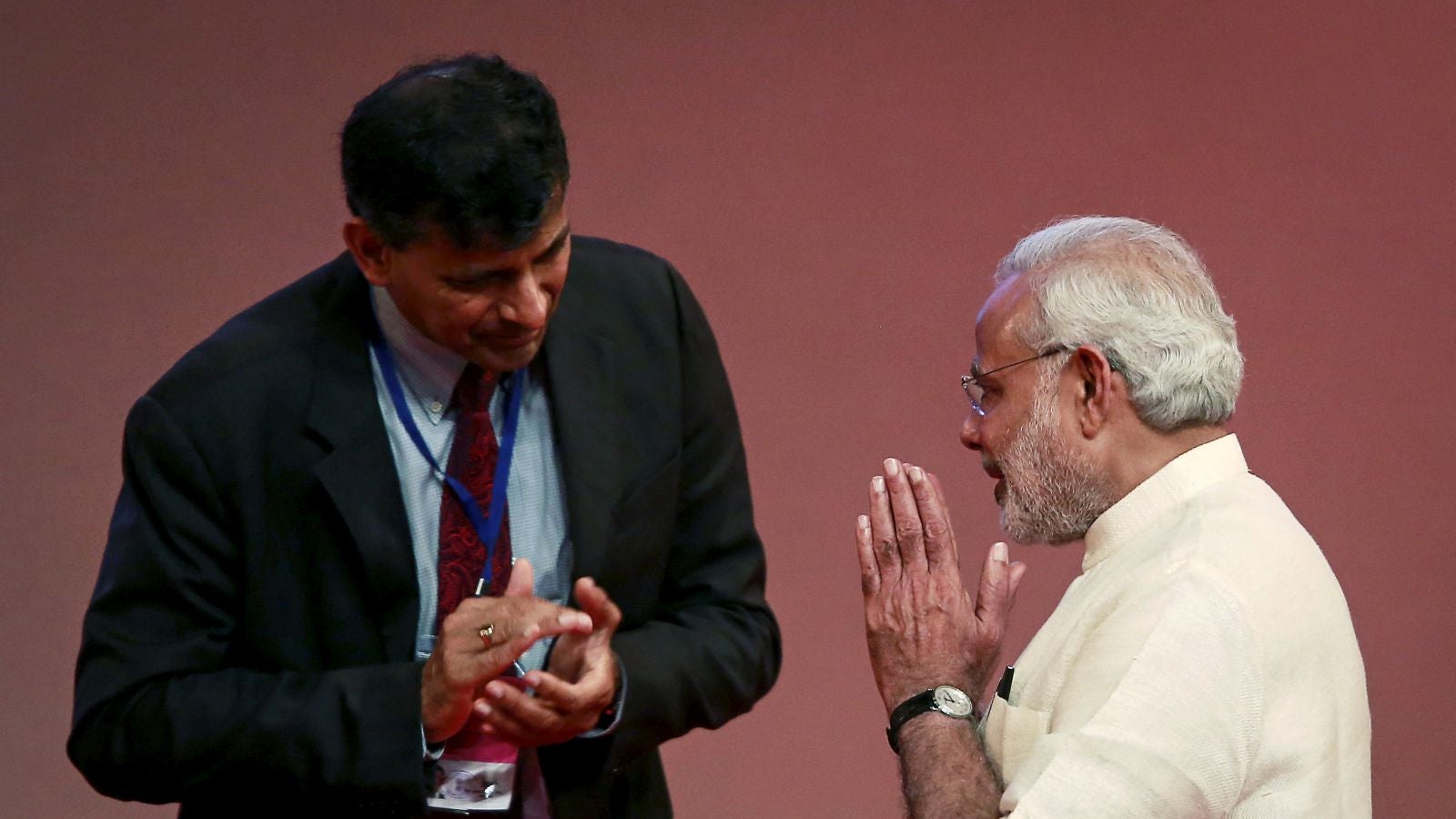A big part of the slowdown was because of demonetisation, says Raghuram Rajan
India’s note ban of 2016, which crippled the economy, had no support even from the then central bank chief.


India’s note ban of 2016, which crippled the economy, had no support even from the then central bank chief.
Raghuram Rajan, former Reserve Bank of India (RBI) governor, told news channel NDTV that the central bank had conveyed to the government that it didn’t believe demonetisation would be worth it.
“The government had asked us our view and we had told them that it (demonetisation) would not have the desired effect and that it would have costs,” said Rajan in an interview on the sidelines of the World Economic Forum in Davos.
The acute cash-crunch that followed demonetisation even led to severe disruptions nationwide, as millions queued outside banks, businesses suffered, and industry stalled. “Most economists would say that you better print the money before taking it away,” Rajan said.
In fact, India is still trying to shake-off the effects. The GDP growth slowed down to 6.3% in the July-September quarter of 2017, compared to 7.4% in the corresponding period in 2016. Several rating agencies and global institutions cut their India growth forecasts for financial year 2018 as the economy struggled to get back on track.
“I would suspect that a substantial part of the growth slowdown was because of the effects (of demonetisation). Some of it was in the form of informal economy, which wasn’t immediately captured as there were businesses that did shut down as they couldn’t survive that episode,” Rajan said.
While the move did give a fillip to digital payments as Rajan noted, cash circulation has been steadily climbing back to pre-demonetisation levels. Economists often argue that, in the long run, instead of throttling cash-flow, it would have made more sense to incentivise digital payments.
In any case, demonetisation wasn’t the only point on which Rajan disagreed with the government.
Like governors before him, the tussle with the government over interest rates continued during Rajan’s tenure, too. And it’s been no different for his successor, Urjit Patel.
In another interview with Bloomberg Television Rajan praised the Patel-led monetary policy committee (MPC) of the RBI, which has members from the central bank and government appointees, and takes the final call on determining the key policy rates. Interestingly, Rajan’s backing for the MPC and Patel comes a month after a member of the prime minister’s economic advisory council criticised the central bank for overestimating inflation and not cutting rates.